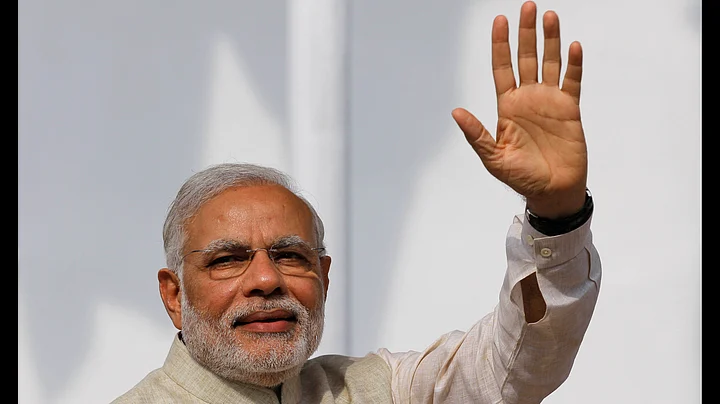In an article in the Financial Times, written ahead of the start of the UN Climate Change Summit, Prime Minister Narendra Modi has voiced his hope to produce an agreement that finds a fine balance between ecology and economy. He also said that collectively the world owes a commitment to find a level ground between spiralling lifestyle desires and necessities.
India is also experiencing the impact of climate change caused by the industrial age of the developed world. We are concerned about our 7,500km of coastline, more than 1,300 islands, the glaciers that sustain our civilisation and our millions of vulnerable farmers. We will play our part.Narendra Modi
Raising concern over the melting glaciers of the Himalayas and the depleting forest reserves, Modi said that nature is generous only when the fragile ecological balance is maintained.
In his article, the prime minister opines that fighting climate change should be a collective response that should be grounded in common but differentiated responsibilities.
We have pledged that, by 2030, we will reduce emissions intensity by at least 33 percent of 2005 levels, and 40 per cent of installed power capacity will be from non-fossil fuel sources. We will have 175GW of renewables by 2022, and have imposed levies on coal and rationalised subsidies on petroleum products.
New awareness, however, should lead advanced countries to assume more responsibility. Just because technology exists does not mean it is affordable and accessible. We should meet our need for clean energy and healthy habitats in a spirit of partnership, not put nations on different sides.
He urges advanced nations to take a greater initiative in this fight.
Highlighting the ancient tradition of planting saplings at the arrival of a new born child, Modi draws attention towards Indian culture that has always chosen the path of sustainable development.
Modi also said that on Monday, along with French President François Hollande he will launch an international solar alliance with 121 solar-rich countries to try to bring affordable and sustainable solar power to remote villages.
Read the original article here.
(At The Quint, we question everything. Play an active role in shaping our journalism by becoming a member today.)
